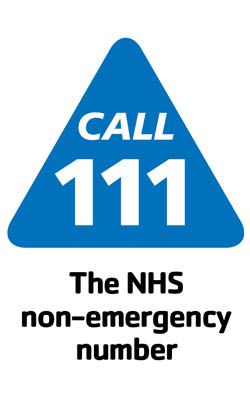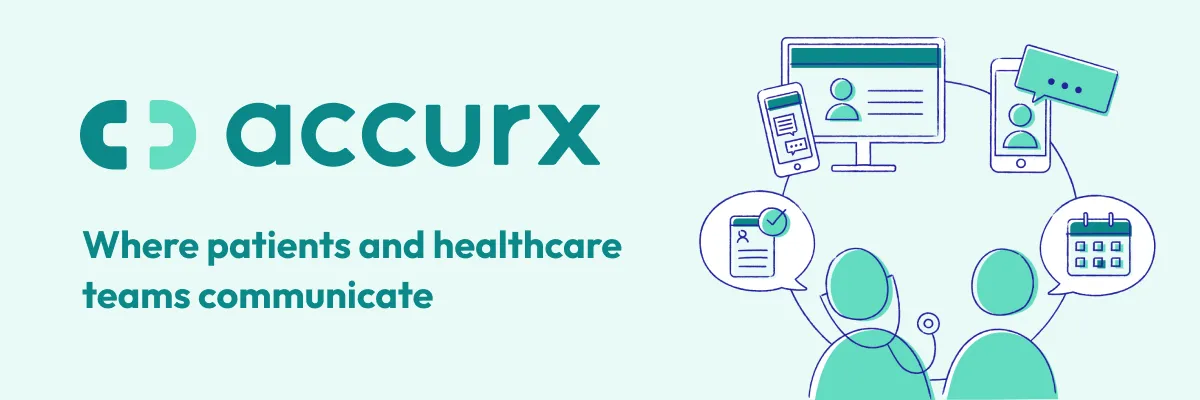Waddesdon Surgery
Goss Avenue, Waddesdon, Aylesbury, Bucks, HP18 0LY
Telephone: 01296 658 585
SORRY, THE PRACTICE IS CURRENTLY CLOSED. IF YOU NEED EMERGENCY MEDICAL ASSISTANCE PLEASE DIAL 999. IF YOU NEED URGENT MEDICAL ASSISTANCE PLEASE CALL NHS 111.

June 2024 Newsletter Think Pharmacy First Issue that prevented documents from being visible to patients. GP Patient Survey Accurx Triage A Pledge to Our Patients about Antibiotics Late Appointment Arrivals NHS Safeguarding app Bucks Domestic Abuse Partnership Website Dispensary Turnaround Times
Young Carers
If you’re a young carer, friends and relatives are often the first people to turn to for help with problems. Talking things through with them can be really helpful.
If you find it hard to talk to others, try to write your thoughts in a diary, poem or letter first. This can help to make sense of your thoughts and how you feel, before getting help.
Help from teachers and other school staff
Teachers are there to help pupils get the most out of school. They can be a good person for you to speak to about any problems you have.
If you’re missing lessons to help look after someone at home, or struggling to get your work in on time, talk to a teacher about what you do at home so that they can understand what is happening and give you more help.
As a young carer, you might find school a place where you can forget about your caring responsibilities and feel “normal” for a while. But it can also be a place where you’re under extra pressure or where people don’t understand what your life is like outside school. It can sometimes be hard to juggle all your responsibilities as a young carer with the demands of teachers, friends and homework.
Keeping up-to-date with school work
You might not want your school to know you’re caring for someone. But if they don’t know about your situation, it will be difficult for teachers to understand if you struggle to keep up in class or don’t do your homework. It’s a good idea to let at least one teacher you feel able to trust know you’re a carer.
You might find it difficult to talk about your home life with a teacher, so you could ask someone in your family to write a letter to the school, perhaps to the head of year.
Some young carers find it easier to talk about the situation if they keep a diary or a list of all the jobs and tasks they have to do.
If you’re having trouble with school or homework, your teachers may offer:
- extra time for school work when you have to give more help to the the person you care for
- help for your parents to travel to parents’ evenings if they have trouble leaving the house
- to talk to you privately about your home life
- homework clubs
Support at school
There are lots of ways your school can help. You could be allowed to use a phone during breaks and lunchtime so you can check on the person you’re looking after.
The school could also put you in touch with your local young carers service, or get a young carers worker to talk to you.
Some schools run lunchtime groups or homework support groups for young carers. If your school doesn’t do this, you could suggest it to your teachers.
Nobody wants to get into trouble at school. If teachers know you’re a carer, they may be more sympathetic to your problems (such as lateness), but it won’t necessarily stop you being disciplined if you break the rules.
If you’re given detention, you could ask to have it during lunchtime rather than after school because of your caring responsibilities.
Missing school
You may feel you have to miss school to care for someone. But missing school can affect your whole future. Try to get help as quickly as possible so the situation doesn’t go on for a long time.
A GP, nurse, social worker or another person whose job is to help the person you look after should be able to organise more support at home to help you concentrate on school or college.
Friends and your social life
As a young carer, you may miss out on opportunities to play and spend time with your friends and classmates. You may feel isolated from your friends because:
- you don’t have as much free time as them
- you’re often thinking about the person you look after
- you may be worried they will bully you
Being a young carer can make you stand out from other people, or you may find that you don’t get included in certain activities.
It’s important to get the help you need so that you have time to do the things you want to do and be with your friends.
If possible, put aside some time each day to do something you enjoy. Your local young carers project or carers centre may be able to help.
Are you being bullied?
Bullying can include being deliberately left out of activities or groups, as well as being called names, hit, kicked, punched or threatened.
Young carers are sometimes bullied because the person they care for is ill or disabled, or because they can’t always do the things other young people can. Some people are bullied for no reason.
In fact, nearly half of children and young people say they’ve been bullied at school. Even adults get bullied.
It’s natural to feel sad, angry or scared if you’re being bullied. But remember: there are ways to deal with the problem.
Find out more from Bullying UK.
Childline
Childline is a free and confidential telephone helpline for children on 0800 11 11.
You can talk to someone on Childline who may be able to give you advice and get you help. They won’t tell anyone that you have called.
Meet other young carers
Meeting up with other young carers is a great way to make new friends, have some fun and share some of your worries with people in similar situations to your own.
Young carers projects can help you have a break from home, plus meeting other young carers can help you to relax. Young carers projects may offer evening clubs, weekends away, days out and even holidays, as well as friendly advice and information for you and for your family.
The Children’s Society runs the Young Carers Festival and funds projects for young carers. Find your local project.
KIDS is an organisation specially for carers under the age of 18. It runs regular clubs where you can meet other young carers as well as offering support, advice and information.
Action for Children can put you in touch with other young carers. It also has free places for young carers at its residential activity camps.
Help from social workers
A social worker from your local council has to visit, if you or your parents request this.
Social workers may be asked to help a young carer’s family if there are problems that the family members are finding hard to sort out on their own.
Help from doctors, nurses and other health workers
If you’re worried about your health, or the health of the person you care for, speak to a doctor or GP.
School nurses visit schools and are normally happy to speak with you about any of your health concerns.
Counsellors work in a variety of places, including schools, hospitals and youth centres. Their job is to listen carefully and give advice – in a private setting.
Local mental health nurses can offer emotional support and advice about mental health conditions. If your parent has a “community psychiatric nurse”, you can talk to the nurse about your parent’s illness and how you can help your parent cope.
If you’re worried about your own mental health, speak to the Child and Adolescent Mental Health service. There are services all over the country, giving support to young people with mental health conditions.
Macmillan nurses from the national charity Macmillan Cancer Support can help people who are affected by cancer and young carers. They provide a range of medical and emotional support for people who have cancer, and their families.
Other organisations that can help young carers
Citizens Advice has information on money, benefits and your rights.
The National Careers Service has a helpline, webchat and email service about education and careers for 13- to 19-year-olds. Support is also available up to the age of 25 for those who have learning difficulties or disabilities.
Get in touch with Carers Direct
For advice and support with caring issues over the phone, call the Carers Direct helpline on 0300 123 1053.
If you’re deaf, deafblind, hard of hearing or have impaired speech, you can contact the Carers Direct helpline using textphone or minicom number 0300 123 1004.






